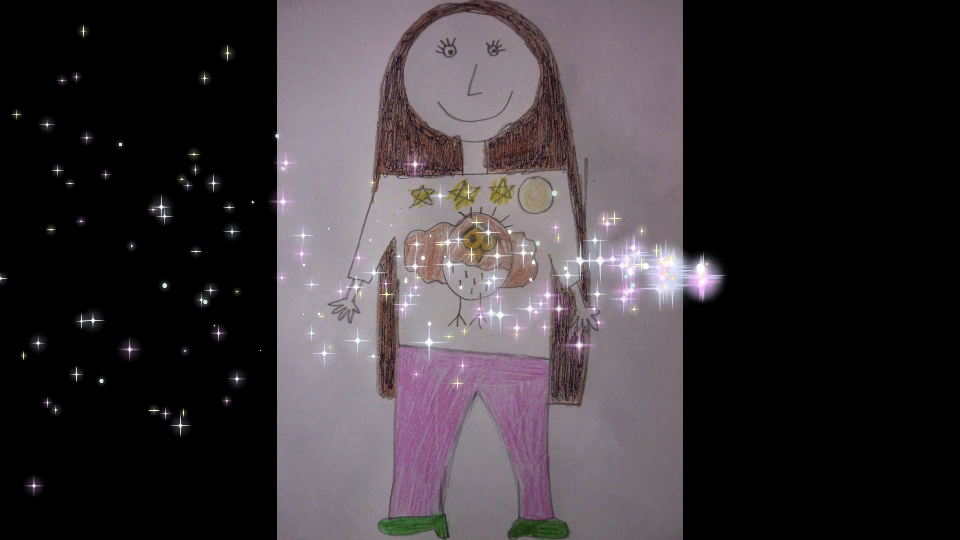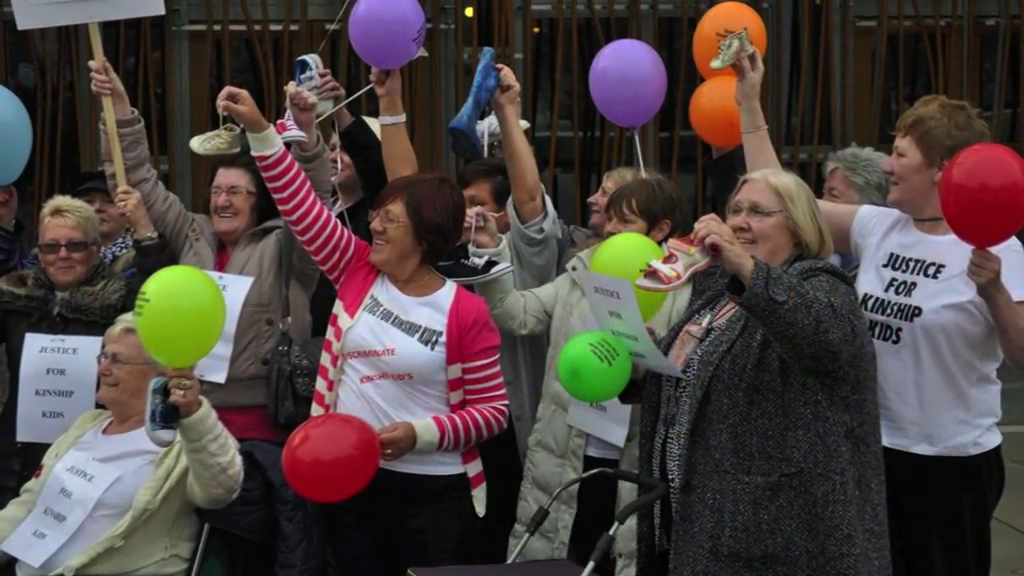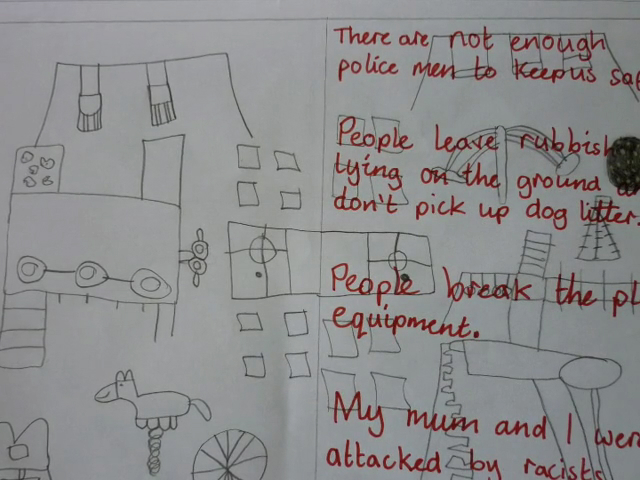Poverty affects different communities in different ways. In 2009, people living in deprived areas of Glasgow were invited to take part in a new Scottish initiative called The Poverty Truth Commission. As part of this process, they have produced a series of short films about poverty and poverty-related issues.
Three of these films can be seen here. Scroll to the bottom of the page for project updates.
These films are the copyright of The Poverty Truth Commission, Scotland.
The Poverty Truth Commission
The good thing about Govanhill is that there is quite a lot of stuff that happens and lots of parks and fun stuff to do. The bad thing is there are lots of gangsters around.
Isha, young resident of Govanhill
The Poverty Truth Commission set out to give people in Glasgow the chance to ‘bear witness’ publicly on their experiences of poverty and social injustice with the ultimate aim of influencing policy and practice in the city. During this process, there was a series of on-going collaborations between local decision makers and communities working together on local poverty issues.
In April 2011, decision makers were invited to listen to the findings and hear from the participants in the project and to come back with responses. Extracts from this session can be seen on the Poverty Commission website.
Between 2009 and 2011, the Commission focused on three main areas: stereotyping poverty, kinship care and overcoming violence. Download the Report.
Stereotyping poverty
Politicians, the media and wider society still find it acceptable to describe people from deprived communities as scroungers and benefit fraudsters (see Flaws in the government’s troubled families strategy). Negative stereotyping can make people feel hopeless and ashamed of where they live. The residents of deprived areas involved in the Commission wanted to change the way they were portrayed in the media, so, with the help of the Commission, they set out to redress this stereotyping.
Kinship care
Kinship care involves relatives (usually grandparents) who become permanent carers for children whose parents are unable to look after them. This is usually due to addiction or bereavement. In Scotland, 2,990 children are recognised as being in ‘formal’ kinship care and an estimated 17,500 more children are in this situation ‘informally’. Most of them receive little or no financial, educational or psychological support. This leaves many of them in extreme poverty and struggling with physical and mental problems. The Commission has been working with Scottish decision makers to address this issue.
Overcoming violence
The Poverty Truth Commission sees violence as an issue exacerbated by poverty and inequality. The Alternatives to Violence working group that explored this question included an academic, a senior police officer and people with direct experience of poverty and violence in our poorest communities. They have explored topics including domestic violence, early intervention, gang culture and community disempowerment.
For more information, visit The Poverty Truth Commission website.
UPDATE: June 2013
With new Commissioners, the Poverty Truth Commission is now undertaking a second series of Conversations. The Commission is currently focusing on: In work poverty, reducing stigma, welfare reforms and tackling the costs of being poor.
About this project
The Poverty Truth Commission is a project of Faith in Community Scotland and is supported by the Church of Scotland. It was set up in Scotland to bring together some of Scotland's civic leaders with people at the sharp end of poverty. The Poverty Truth Commission's current aims are to:
- Support more people living in poverty to have the confidence to speak and others in positions of power to have the confidence to listen.
- Support organisations who would like to work in similar ways to the Poverty Truth Commission.
- Use Social Media to get people’s stories and voices to a wider audience
Contact the Poverty Truth Commission.
Visit the blogspot.







 PSE:UK is a major collaboration between the University of Bristol, Heriot-Watt University, The Open University, Queen's University Belfast, University of Glasgow and the University of York working with the National Centre for Social Research and the Northern Ireland Statistics and Research Agency. ESRC Grant RES-060-25-0052.
PSE:UK is a major collaboration between the University of Bristol, Heriot-Watt University, The Open University, Queen's University Belfast, University of Glasgow and the University of York working with the National Centre for Social Research and the Northern Ireland Statistics and Research Agency. ESRC Grant RES-060-25-0052.






